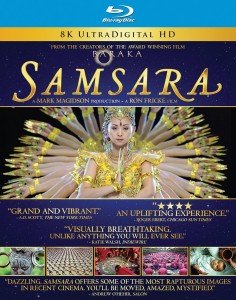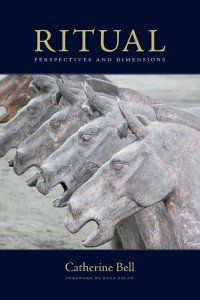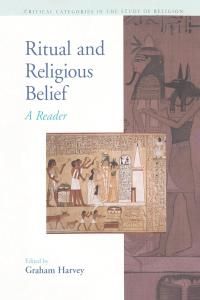Review
The book The Ritual Process Structure and AntiStructure by Victor Witter Turner is a comprehensive exploration of the role of rituals in human societies. A renowned anthropologist, Turner delves into the complex relationship between structure and anti-structure in rituals, shedding light on their significance in shaping cultural beliefs and practices.
The primary goal of this book is to provide a deep understanding of the ritual process, which has been a central aspect of human existence since the beginning of time. Turner argues that rituals serve as a tool for individuals and communities to make sense of their world and establish order and meaning. He also highlights the transformative power of rituals, which can change individual and collective consciousness.
Through extensive research and analysis, Turner explores the different dimensions of rituals, including their symbolic meanings, performative aspects, and social functions. He also examines the concept of anti-structure, which refers to the temporary suspension of social norms and hierarchies during rituals, and its role in creating a sense of unity and solidarity among participants.
One of the key takeaways from this book is the understanding that rituals are not just a series of meaningless actions but rather a complex and dynamic process that reflects and shapes cultural values and beliefs. Turner's work challenges readers to critically examine their own cultural traditions and rituals and recognize these practices' power and significance in shaping their lives.
Overall, The Ritual Process: Structure and AntiStructure is a thought-provoking and insightful analysis of rituals and their role in human societies. It is a valuable resource for anyone interested in anthropology, sociology, and the study of human behavior. Turner's work offers a new perspective on the significance of rituals and their ability to create and maintain social order and cohesion in our ever-changing world.
The book begins with an introduction to the concept of ritual and its significance in human societies. Turner argues that rituals are not just a set of prescribed actions but a complex process that serves as a means of communication and expression within a culture. He also highlights the transformative power of rituals, which can change individual and collective consciousness.
Turner then delves into the different dimensions of rituals, starting with their symbolic meanings. He explains how rituals are deeply rooted in cultural beliefs and values and serve as a way for individuals and communities to express and reinforce those beliefs. He also examines the performative aspects of rituals, highlighting the importance of bodily movements, gestures, and other non-verbal elements in their execution.
One of the most intriguing aspects of this book is Turner's exploration of anti-structure in rituals. He explains how the temporary suspension of social norms and hierarchies during rituals creates a sense of unity and equality among participants. This concept challenges the traditional view of rituals as reinforcing social hierarchies. Instead, it presents them as a means of temporarily breaking down those hierarchies.
Through a detailed analysis of various cultural rituals, Turner highlights rituals' social functions, such as establishing and reinforcing cultural identities, promoting social cohesion, and providing a sense of security and stability in times of change. He also explores the role of rituals in addressing social and psychological tensions within a society.
Turner's work also sheds light on the relationship between rituals and cultural change. He argues that rituals are not static but evolve and adapt to changing cultural and social contexts. He also emphasizes the importance of understanding rituals' historical and cultural context to fully grasp their significance.
One of the strengths of this book is Turner's use of case studies and examples from a wide range of cultures and societies. This allows readers to see the universal themes and patterns in rituals while appreciating the unique cultural differences and variations.
In conclusion, The Ritual Process: Structure and AntiStructure is a thought-provoking and comprehensive exploration of rituals and their role in human societies. Turner's work challenges readers to critically examine their own cultural practices and traditions while also providing a deeper understanding of rituals' complex and dynamic nature. This book is a valuable resource for anyone interested in anthropology, sociology, and the study of human behavior.






